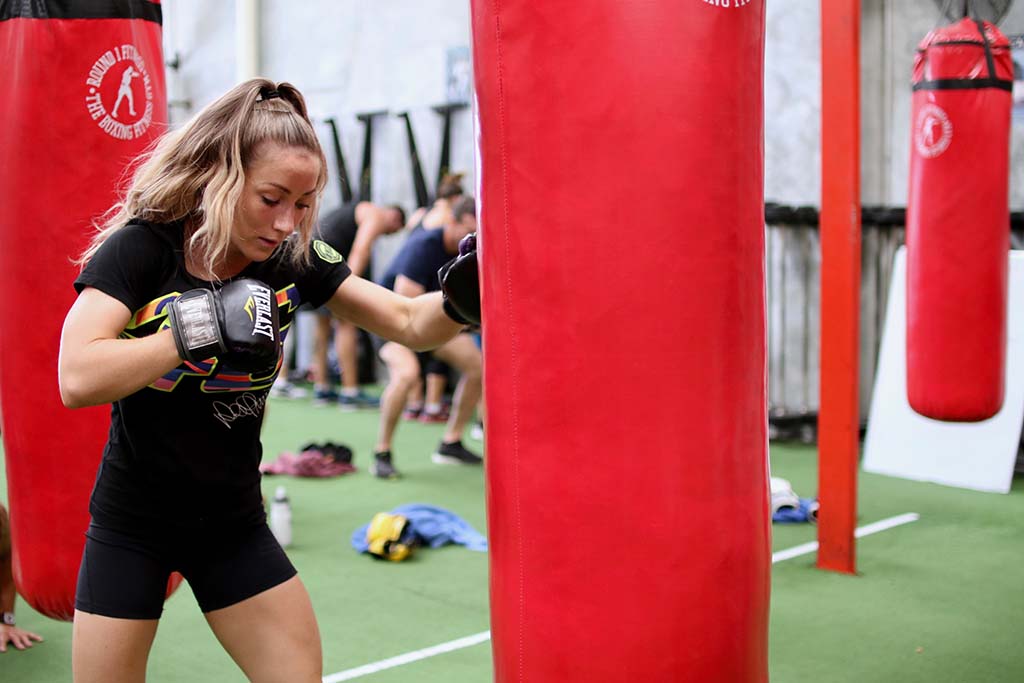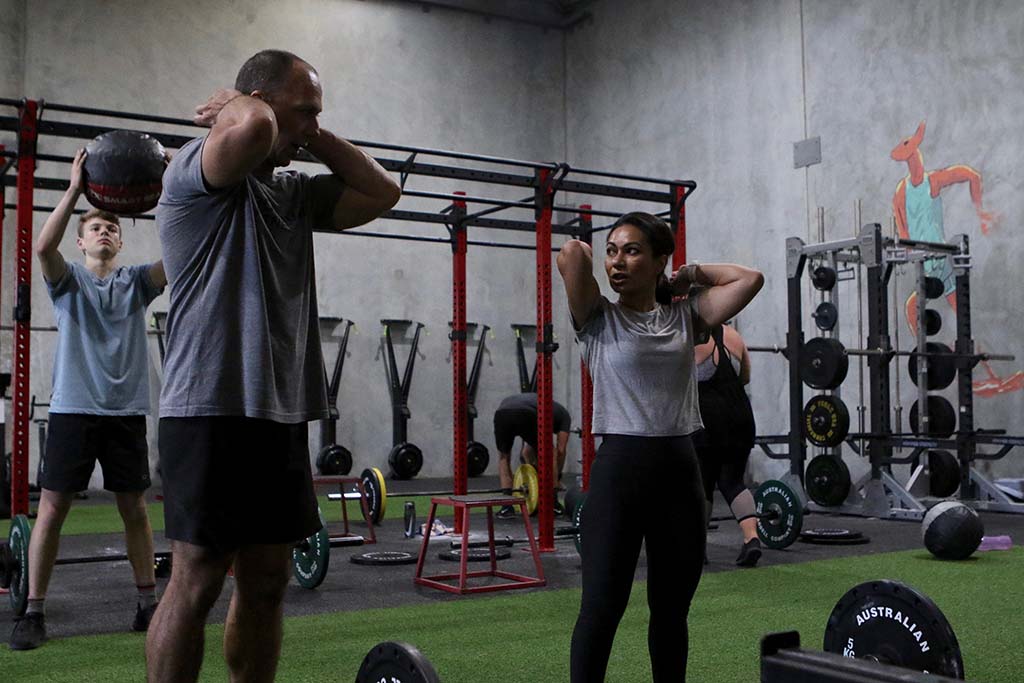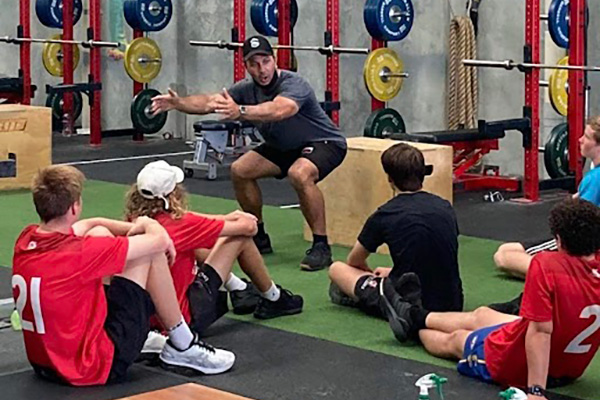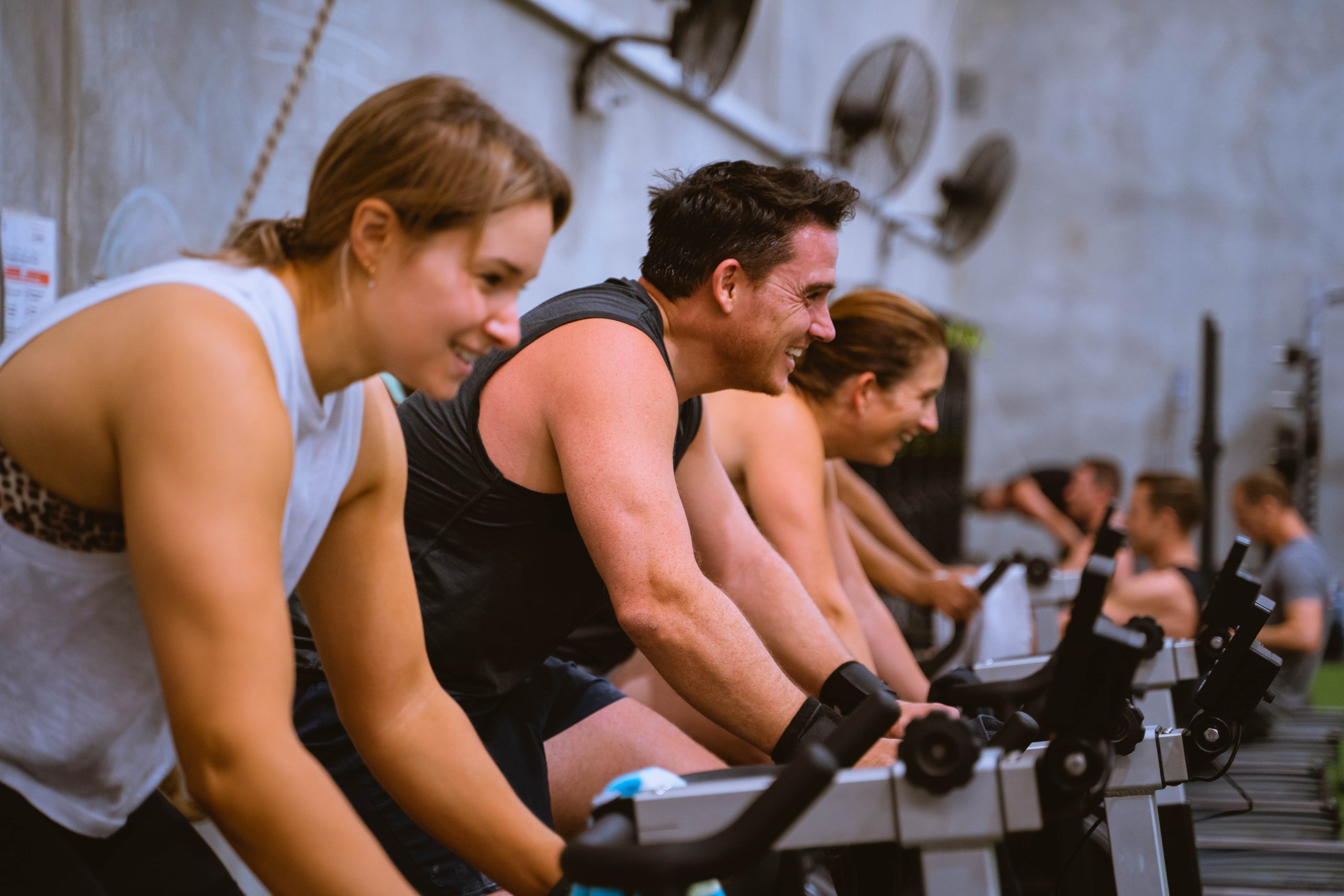helping people
Feel Amazing
Support - Exceed - Achieve
start where you are
We mix boxing, strength, and HYROX training with good music, great people, and coaches who’ve always got your back.
Train like an athlete — belong like a teammate.








every body is unique.
find something that works for you

Boxing
Boxing combos, bodyweight exercises, abs – as well as some circuit training with barbells, kettlebells and cardio work on bikes, skis and rowers – if your goal is to BURN FAT and BUILD CONFIDENCE, our Boxing for Fitness workouts are for you.
Functional Training
Lift weights, pull sleds, swing kettlebells and more on your way to full-body strength and conditioning. If you want to get STRONGER and feel a BOOST in all areas of your life, come and transform your body in our Functional Fitness sessions.


Developing Athletes
Building strong and athletic teenage athletes – where the emphasis is on teaching how to lift with ‘proper’ form, move effectively, improve balance and speed. The sessions are designed to be ‘FUN’ and include challenges where the athletes can compete with/against one another.
this is our
arena.
welcome to
Round 1 Fitness:
At Round 1 Fitness, every workout feels like stepping into the ring. Whether you’re here to build strength, improve endurance, or push your limits, we combine expert coaching, high-energy training, and a motivating community to keep you moving forward. This is where discipline meets results—your arena to train, grow, and succeed.


support
exceed
achieve
inspire
empower
transform
Our Community
Round 1 Fitness isn’t just a gym, it’s a family. Whether you’re new to training or an experienced athlete, you’ll find support, motivation, and accountability from coaches and members who want to see you grow and succeed.
HAPPY CUSTOMER
SERVICE QUALITY
QUALITY OF THE GYM
CUSTOMER MOTIVATION
faqs
We know starting something new can come with lots of questions. To help you feel confident and prepared, we’ve put together answers to some of the most common questions we get from members.
WHERE CAN I VIEW THE SESSION TIMETABLE?
Just click the link at the top of our website: “Timetable”!
CAN I DO A FREE TRIAL CLASS?
We don’t offer one-class trials – we do provide a free consultation to help you get started on your fitness journey. During this session, we’ll discuss your goals and recommend the best path forward. Simply book your consultation through our Free Consultation page to take the first step!
WHAT DO I NEED TO BRING?
For all of our classes, you will need a towel and a water bottle. If you forget them, you can always purchase at reception. For classes in the Boxing gym (BoxFit, BoxPlus) you will also need suitable boxing gloves and a pair of hand-wraps. We have a great range available at the gym if you need to purchase them before starting!
WHAT IS THE DIFFERENCE BETWEEN BOXPLUS AND BOXFIT?
BoxFIT is a boxing-inspired workout – you will be working the bags, using the speedball, doing footwork drills, body weight exercises etc.
BoxPLUS workouts INCORPORATE boxing elements but also include strength components (kettlebells, barbells) and cardio activities such as bikes, skis and rowers.
DO YOU HAVE SHOWER FACILITIES?
Yes – Shower facilities and change rooms are available.
CAN KIDS TRAIN AT ROUND 1?
Kids CAN train at Round 1 but there are a few rules!
1. Developing Athlete Program sessions are available for athletes aged 12-17.
2. Kids can participate in BOXING classes from age 12 as long as their parents are present in the gym.
3. Kids can participate in STRENGTH classes and attend boxing sessions independent of their parents from age 16.
trusted and loved by
hundreds of Cockburn Central, WA Residents
join today
get stronger
Sign up now and take the first step toward building strength, confidence, and results with expert coaching and a supportive community.
© 2026 Round 1 Fitness
Created by fitbox - All Rights Reserved
